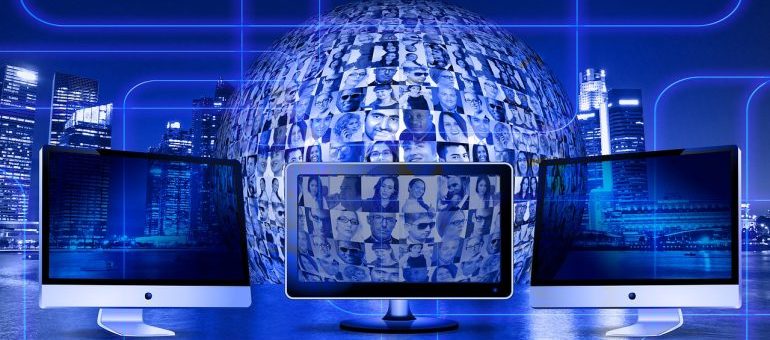Most New Zealanders are ambivalent about artificial intelligence and its impact on the future, but new research has found 68 percent of respondents in a national survey were concerned about the potential for AI to make biased, unfair or inaccurate decisions.
Details of the survey have been released today in the Artificial Intelligence Forum on New Zealand’s (AIFNZ) research report on AI.
New Zealand needs to consider potential challenges that AI can bring for society such as impacts on jobs, algorithmic bias, transparency, accountability, safety and ethics, AIFNZ executive director Ben Reid says.
“While we do not yet know what long term impacts AI will have on society, we do expect that it will be significant. However, the research also found that only 15 percent of firms planning to use AI intend to establish some form of AI ethics committee.
“As New Zealand begins to use more AI, it is important that as a nation, we have considered both the possible societal opportunities as well as potential negative implications of AI.
“If New Zealand does not consider the societal, legal or ethical implications of AI, then there is greater possibility that AI deployments will have unintended consequences.
“At the same time, if applied effectively, AI has the potential to provide significant positive societal benefits. There are numerous ways that AI can improve elements of New Zealand society and here we consider the potential impacts in education, healthcare and the environment,” he says.
The application of AI can also support social outcomes such as improving social justice and reducing inequality, the report says. The ability for personalisation of services, such as education and healthcare will have a profound effect on New Zealanders lives.
There is real potential for using AI to help ensure a fair, inclusive and thriving society throughout New Zealand, the report says.
Application of AI is set to transform the delivery of education. However, the country needs to consider what future students will need to learn, to be productive members of society in an advanced digital nation.
“AI will be a catalyst for a substantial paradigm shift from mass standardised education to personalised learning. Enabled by AI, student progress can easily be monitored by teachers,” the report says.
“The traditional model of ‘learn, work, retire’ will become increasingly redundant as AI and other automation technologies reshape the way we engage with work as a society.
“Some current roles will be reshaped, others displaced and entirely new roles created. Regardless of individual role changes, access to lifelong learning will become increasingly essential. In the years to come there will be a growing need to retrain adult workers.
“Our research participants suggested that New Zealand does not currently offer enough appropriate retraining options. Individualised AI powered learning systems could be developed to help individuals at all stages of their working life who need to upskill.
As AI automates process driven job functions, the ability to think critically and creatively are key traits that people need to develop.
“The nature of jobs in New Zealand will change as organisations continue to deploy AI solutions. In many roles, AI may erase the mundane aspects of the job, enabling workers to spend more time on higher value tasks.
“For example, AI and robotic automation may replace repetitive factory jobs, however new roles requiring skillsets which complement AI enabled systems will be created,” the report says.
For further information contact Make Lemonade editor-in-chief Kip Brook on 0275 030188
Want to know more? Sign up for the AI Forum NZ update, it’s free and will take less than a minute!






